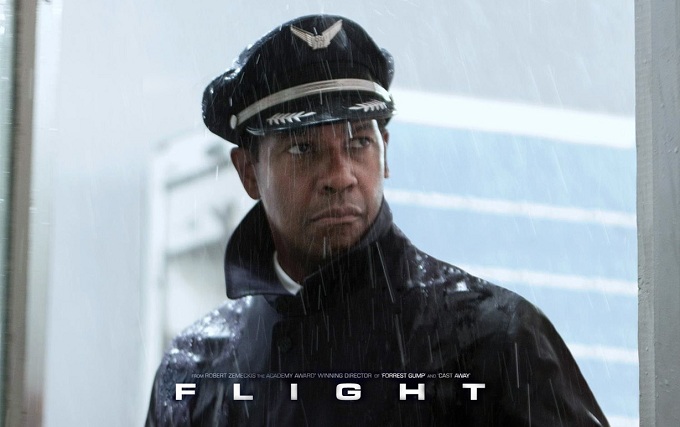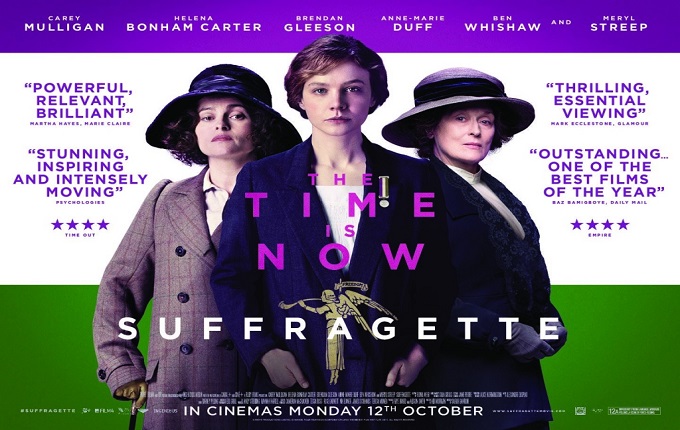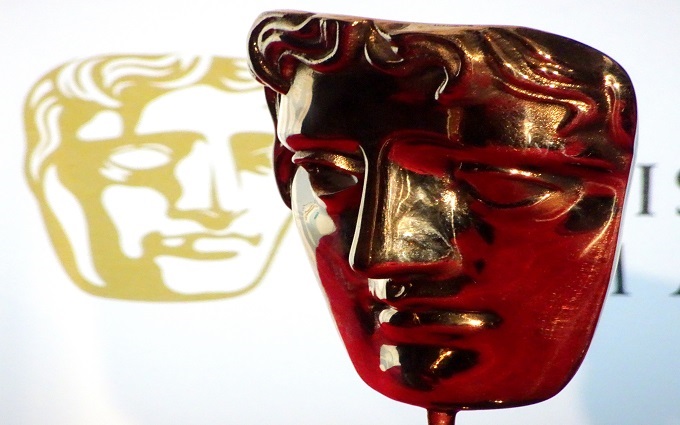
The Plot:
When a passenger plane suffers catastrophic problems at 30,000 feet, its pilot somehow manages to make a miraculous lifesaving landing. However as the authorities and media investigate his heroic actions he struggles to conceal a troubling secret that could destroy everything.
The Good:
Flight is certainly not the first film to depict a plane crash, but it is one of the most convincingly traumatic depictions you’ll ever see. Despite the fact you enter the cinema fully aware of the impending disaster it’s still memorably exhilarating, particularly on the big screen.
Though the film’s opening thirty minutes is spectacular, the real showpiece is Denzel Washington’s performance throughout the entire film. It’s an earnest reminder that he remains one of the most capable and powerful leading men in Hollywood. It is little surprise that it has earned him the recognition of yet another well-deserved Oscar nod for best actor.
Denzel Washington excels at playing characters which inhabit intriguing moral grey areas. What really makes him such an excellent leading man is his committed willingness to portray characters that are flawed, arrogant and damaged in ways that risk alienating audiences. This latest role as Captain Whip Whitaker is a prime example of such brave choices, offsetting his innate charisma against the dark demons of addiction and unappealing self-pity. Whether or not you’re familiar with the destructive pain of addiction in its various forms, this performance is poignantly accurate and sincere.
Although the film largely deals with sombre subject matter, Director Robert Zemeckis adds a little light in the darkness. John Goodman’s appearance as a jovial drug dealer is a particular welcome respite, literally diffusing the tension of the characters and audience alike.
The Bad:
After such an unashamedly spectacular opening sequence some audiences will find the slow moving anguish that follows a slightly frustrating loss of pace. Robert Zemeckis previously directed Castaway, starring Tom Hanks as a modern day Robinson Crusoe. There are actually considerable parallels between the two films, as both abandon extremely eventful beginnings in favour of prolonged sullen introspection. In truth it will satisfy those seeking thought provoking more than entertainment.
British actress Kelly Reilly delivers an adequate performance in her role as a recovering drug addict and love interest, but her presence does push the film towards melodramatic territory. Without credible romantic chemistry her only function is to give audiences a wider frame of reference for the tragedies of addiction.
The Ugly Truth:
Flight boasts an extraordinary sequence of realistic disaster footage and an Oscar nominated performance from Denzel Washington. The film delivers an unflinching portrait of addiction grounded around Washington’s believable, understated and powerful portrayal.
Red Carpet interviews below with Denzel Washington, Kelly Reilly and Director Robert Zemeckis from the film’s London premiere:



